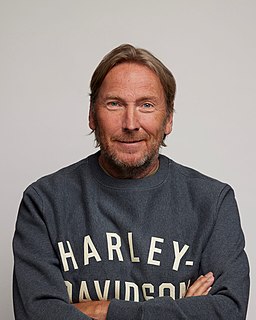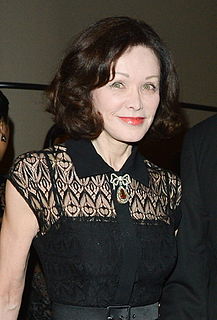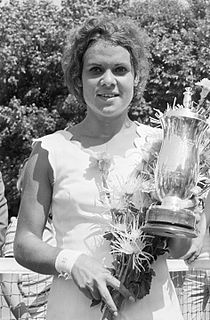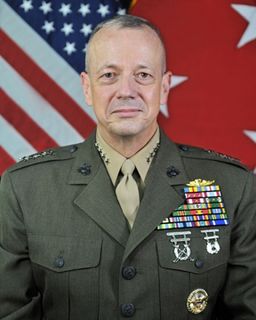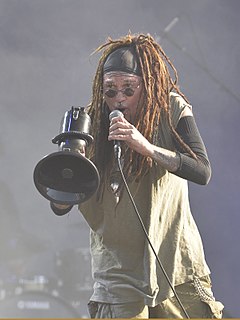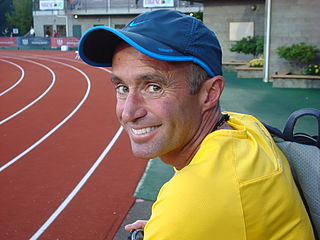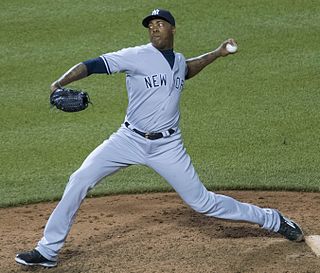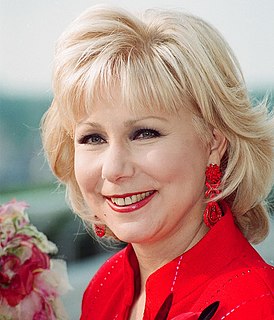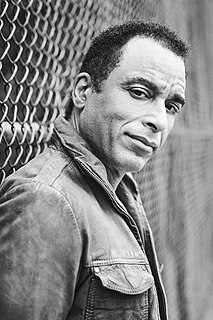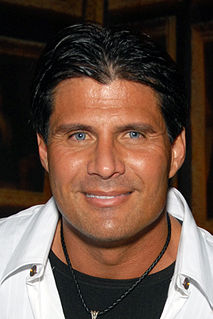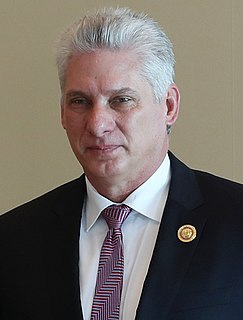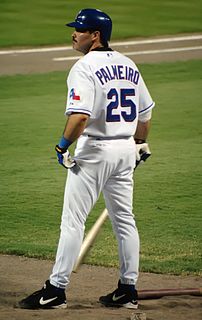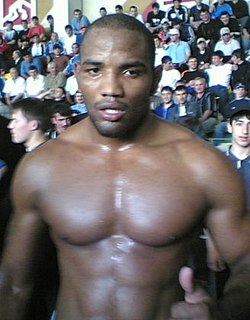A Quote by Alejandro Castro Espin
With the Cuban presence in Namibia it was possible to achieve the security and real freedom of that country and the end of Apartheid in South Africa, with the modest contribution of the international military presence in Africa.
Related Quotes
The role that Cuba played and the lives of those 2,077 Cubans, whose mothers and families mourn for having lost their children in Africa, helped achieve the true security and independence of Angola. It was a contribution because in the end the Angolan people were the ones who decided that. We also contributed in a definitive way securing the independence of Namibia after years that a United Nations resolution was being ignored by South Africa and the western powers.
And now South Africa has finally woken up and it is doing great things. And if South Africa becomes the template to what AIDS is in the sub-Saharan continent, then all the other countries are going to follow suit. And Michel Sidibe, who spoke at the breakfast meeting this morning, was saying that there is so much hope for Africa now that South Africa has got its house in order.
South Africa, with US support, after the fall of the Portuguese empire, invaded Angola and Mozambique to establish their own puppet regime there. They were trying to protect Namibia, to protect apartheid, and nobody did much about it; but the Cubans sent forces, and furthermore they sent black soldiers and they defeated a white mercenary army, which not only rescued Angola but it sent a shock throughout the continent-it was a psychic shock-white mercenaries were purported to be invincible, and a black army defeated them and sent them back fleeing into South Africa.
I started as an engineer. I migrated to philosophy and international politics. And I did my studies about African - Africa democracy and democratization in Africa, taking Kenya as a model. And then, while I was doing so in 1996 in South Africa, Al Jazeera was established. So they requested me to be an analyst on African affairs.






